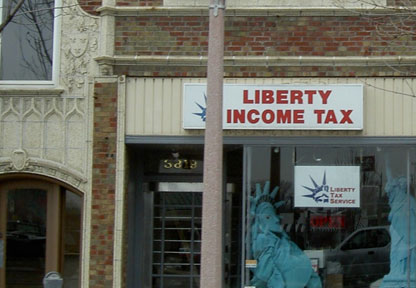If you File your tax returns late you Will owe IRS interest later
The IRS Chief Counsel sent out a memo in 2010 discussing how non-dischargeable taxes will be treated in bankruptcy case. Obviously, if a tax was not discharged in bankruptcy, any interest that accrues on those taxes would also survive the bankruptcy. However, this is true even if those taxes are paid in full in a chapter 13 bankruptcy case.
File tax returns late owe IRS interest later. This a potential “gotcha” for debtors in bankruptcy. Even if a you propose a chapter 13 plan that pays the debt in full, the interest continues to accrue throughout the life of the plan. You will still owe that interest when your bankruptcy case is done. This is true even though the debt is a priority debt mandated by the bankruptcy code to be paid in full.
Priority Debts and Taxes
Priority debts are debts the bankruptcy code makes you pay ahead of your other unsecured debts like medical bills and credit cards. The main priority debt is child support. The other main one is certain income taxes. Obviously the government wants to ensure that you pay your taxes in your chapter 13 plan
What makes an income tax debt priority is according to certain dates. If the taxes owed are from the last three tax years, then those have to be paid back in full. Also, if the tax returns were assessed by the IRS 240 days or less prior to filing, then they have to be paid in full as well.
When you owe income taxes, you are also liable for interest on the amount due and penalties for owing. The bankruptcy code does not allow future interest to be paid in your chapter 13 bankruptcy plan. When you pay a priority tax debt, you are paying the taxes owed plus interest due through the date of filing only. There is no interest paid after the case is filed, even though the interest continues to accrue. When you get your discharge, the full amount owed on that date, plus any penalties and future interest is discharged.
File tax returns late owe IRS interest later
This is not the case if you filed your tax returns late. File tax returns late owe IRS interest later. If you filed your returns AFTER the normal due date, the IRS considers the taxes owed from those returns non-dischargeable. This is the case EVEN IF those returns were due in the last three years or assessed in the past 240 days. So it appears that the non-dischargeability of taxes owed from late-filed returns supersedes the priority status.
This means that because it is STILL a priority debt, you still have to pay the taxes back in full in your chapter 13 bankruptcy plan. But it ALSO means that the interest that accrues during your bankruptcy plan is NOT discharged. You will still owe it when your case is done. The good news is that the penalties are still discharged. The other “somewhat” good news is that you are paying down the balance owed and the accrued interest is only over five years. So in theory, the remaining amount you owe should not be that great. Of course, if you are paying back $100,000 in priority taxes, it would be a lot. But for most people it will be a few hundred dollars. And remember, the principal balance owed WAS paid off in your plan, so you should be in a better position financially than when you first filed your case.
These kinds of issues are complicated. That is why you should seek out experienced bankruptcy counsel when you file your case. Especially if you have back taxes owed to the IRS. Busby & Associations has bankruptcy attorneys with over 15 years experience each and has handled situations like yours a number of times.
Please visit our website for more information about us and bankruptcy. Call us today at (713) 974-1151 to schedule a no-obligation consultation or feel free to email us at [email protected]
[paypal-donation]













